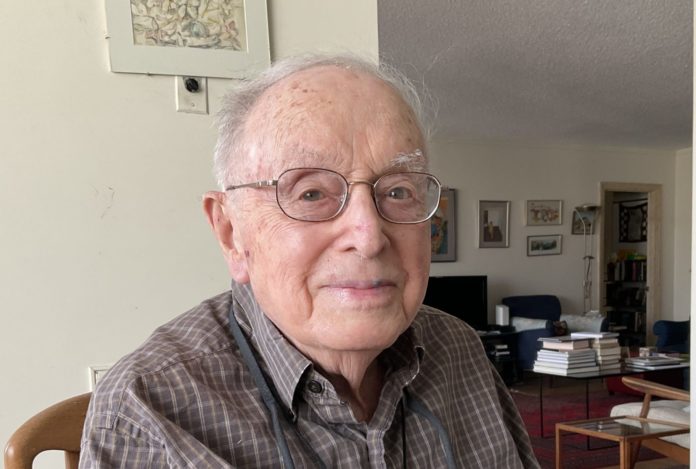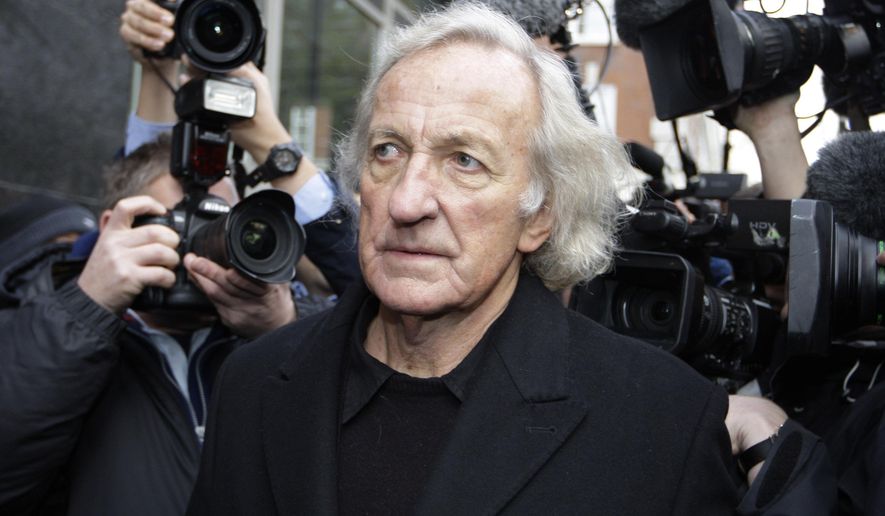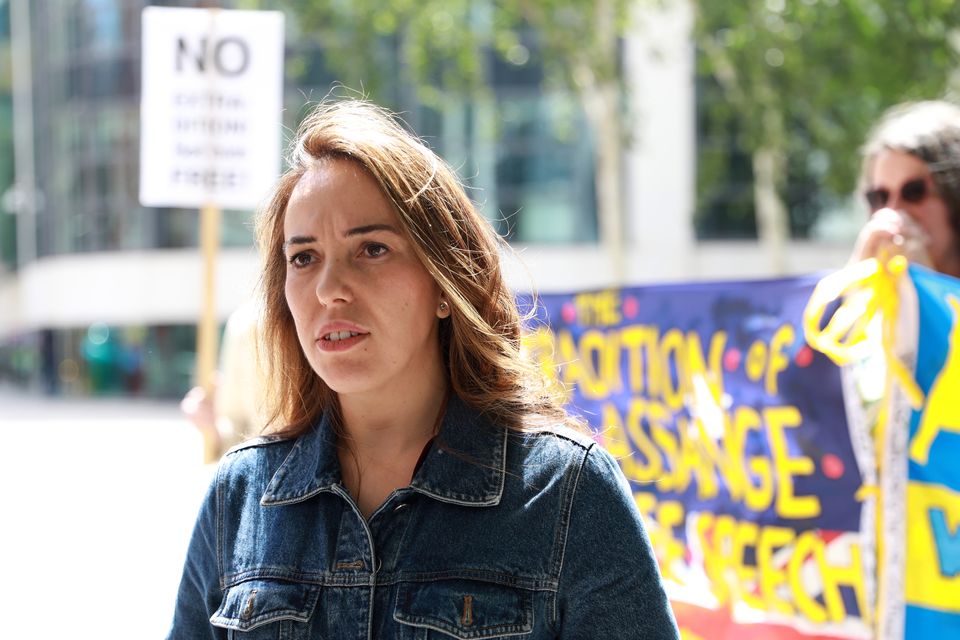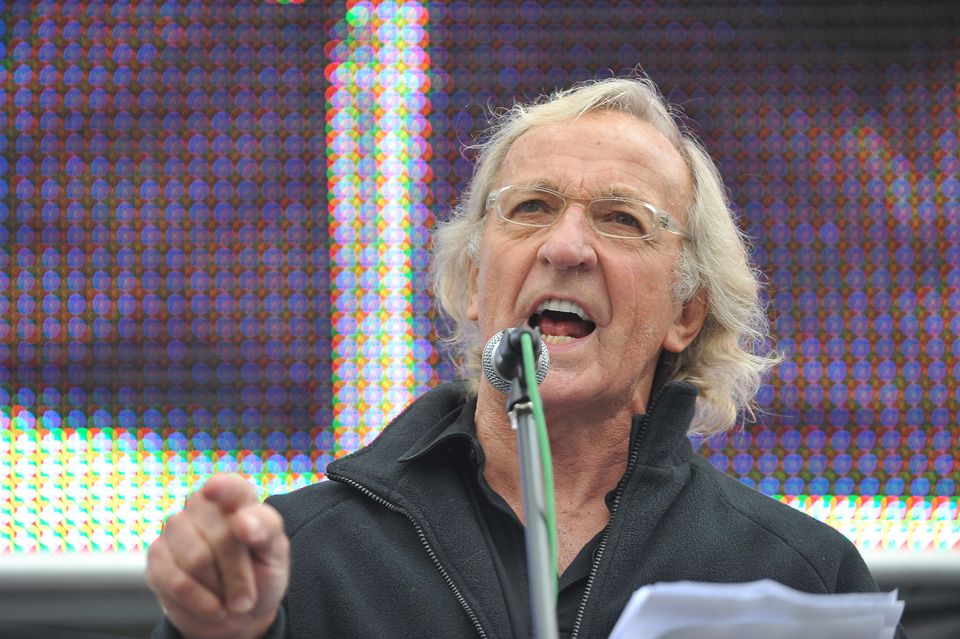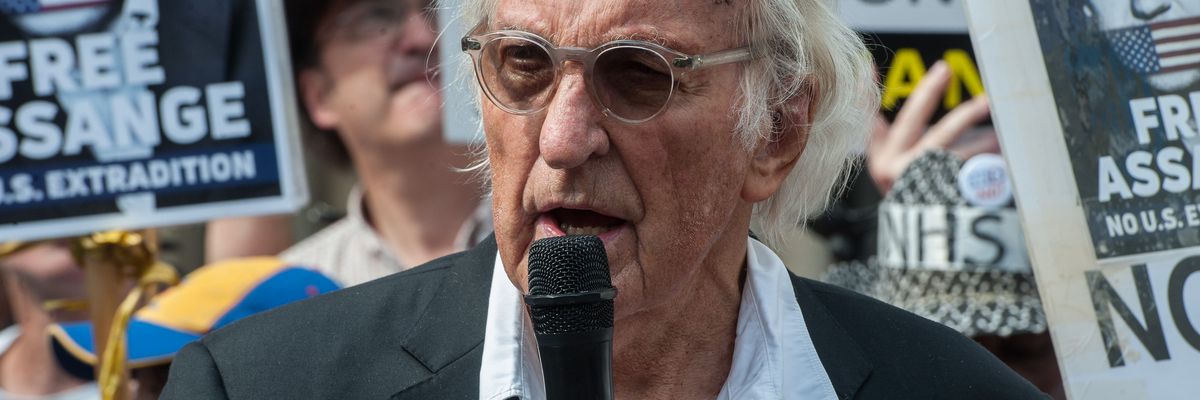Frances Kelsey's first big break as a world-changing scientist may only have occurred because people assumed she was a man
Author of the article: Anna J. James,
Publishing date:Aug 17, 2021 •

While you were busy memorizing interminable details about Responsible Government or Laura Secord, you missed out on some of the best parts of our national story: Secret Nazi weather bases, Mackenzie King’s extremely weird sexuality or the fact that Canada has been a surprise bit player in everything from the breakup of the Beatles to the assassination of Abraham Lincoln to the fall of Communism. Hopefully we can rectify things somewhat in a new occasional series, The Secret History of Canada, documenting the little-known (and often R-rated) parts you missed. Today, how a Canadian scientist averted an American medical disaster.
It’s been called the worst manmade medical disaster in history: An estimated 10,000 children born with stunted or non-existent limbs, and as many as 100,000 so chemically deformed that they were never born at all.
The culprit was an over-the-counter German-made sedative that once came close to rivalling aspirin in total sales. As thalidomide sowed disaster in worldwide maternity wards throughout the 1950s and early 1960s, only one developed country would be spared — and it would be thanks almost entirely to a Canadian.
Approving thalidomide for the U.S. market was to be Dr. Frances Oldham Kelsey’s first assignment with the U.S. Food and Drug Administration.
Born on Vancouver Island in 1914, Kelsey had come from a family that expected her to get an education equal to her brothers. Although she had a master’s in science from McGill University by 1935, one of Kelsey’s first big breaks into the medical field — a research assistant position at the University of Chicago’s new pharmacology department — may have occurred only because recruiters assumed she was a man.

She received an offer addressed to “Mr. Oldham” — which she never corrected based on the advice of her professor. As the professor said, “don’t be stupid. Accept the job, sign your name and put ‘Miss’ in brackets afterward.”
Years later, Kelsey mused “that had her name been Elizabeth or Marie-Jane her career might have ended there.”
By the fall of 1960, Kelsey was in Washington, D.C., as one of seven full-time medical officers hired to review human drug applications at the FDA. Their caseload was heavy — about 300 applications per year.
The thalidomide approval was meant to be a straightforward one. Being a woman, a foreigner and new to the agency, the drug manufacturer William S. Merrell assumed Kelsey would be a pushover, even eager to please in her new role.
At that time, drugs could go to market only sixty days after a manufacturer had filed an application with the FDA. If no decision was reached by then, the drug was automatically approved. At the time, drug manufacturers also had “open door” access to the FDA officers assessing their applications, which allowed for coercion and pressure.

By the time the application for thalidomide hit Kelsey’s desk, it was already being prescribed to pregnant women in Europe and Canada as a miracle cure for morning sickness and insomnia. Intended to be marketed as Kevadon in the United States, its selling point was that it was a safe alternative to barbiturates.
It wasn’t as easy to overdose on the drug, and it was thus pegged as an ideal medication for vulnerable populations such as children, the elderly and pregnant women. Merrell even claimed it was “suicide-proof,” stating in its FDA application that one man had taken 140 tablets and woke up days later with a mere hangover.
Merrell had applied to the FDA to distribute it across the U.S. in time for Christmas 1960.
In Kelsey’s position, denying this application in her first month at the FDA — even on solid scientific grounds — could attract labels of “skepticism” and “stubbornness” (the exact words later used to commend her decisions on thalidomide).

The pill was already being sold in more than 20 countries. At the time of application, almost 2.5 million thalidomide pills had already been administered to about 20,000 patients, many of whom were pregnant.
But Kelsey, along with two other FDA officers held out their approval, citing a lack of clinical data to support the claims that the drug was safe and effective.
“It was just too positive; this couldn’t be the perfect drug with no risk,” she once said. Kelsey then ran the application by her pharmacologist husband, Fremont Ellis Kelsey, who worked at the National Institutes of Health.
In December 1960, he confirmed her suspicions, calling the submission “an interesting collection of meaningless pseudoscientific jargon apparently intended to impress chemically unsophisticated readers.”

Over the course of nine months (which was then an unheard of length of time to review an FDA application), the team reviewed a growing spate of data proving the horrifying effects of thalidomide on pregnant women.
In February 1961, Kelsey was thumbing through a copy of the British Medical Journal when she saw a letter to the editor from a physician who reported cases of nerve damage among four of his patients who’d taken thalidomide.
Kelsey and her team also reviewed several studies attesting that if a child lived long enough to make it out of the womb, many were born with severe deformities including atrophied limbs, missing toes and fingers, and even absence of the anus and organ damage. Kelsey even met with pediatrician Dr. Helen Taussig at Johns Hopkins University School of Medicine in Baltimore, who had seen the effects of thalidomide first-hand in Europe.

Meanwhile, Merrell executives hounded Kelsey for a favourable outcome through the phone, fax, and in person. They went so far as to complain to her FDA bosses up to three times per week, calling her a bureaucrat, irresponsible, and unreasonable. “Most of the things they called me, you couldn’t print,” Kelsey later told reporters.
It was ultimately denied by Kelsey and her team, citing that thalidomide’s safety was unproven. Furthermore, it caused significant harm, particularly to the unborn fetus. Within months, growing evidence of the toxic effects of thalidomide would ensure Kelsey’s title as “the most famous government regulator in American history.”
Had thalidomide taken root in the U.S. at the same rate with which it did in the U.K. or Germany, thousands of Americans — now in their 60s — would still be carrying the signs of thalidomide deformity. Instead, just 17 “thalidomide babies” were born in the U.S.

Kelsey’s home country would not be so lucky. Thalidomide was released in Canada on April 1, 1961 and officially pulled from shelves three months later after the damage had become apparent across Europe. In 2015, the federal government admitted fault and granted pensions to the nearly 100 thalidomide survivors still alive.
Kelsey would live to 101 and for a brief period in the 1960s was hailed as a hero across the U.S. In 1962, U.S. President John F. Kennedy awarded her the President’s Award for Distinguished Federal Civilian Service. She was only the second woman to receive the honour. Scores of mothers who had been pregnant in the early 1960s mailed Kelsey directly to thank the physician for sparing them the likely fate of being prescribed thalidomide.
An asteroid is named in her honour. In 2015, she was presented with the Order of Canada only hours before her death.
And her influence would not be limited to thalidomide. Her refusal of Merrell’s application put a spotlight on the FDA’s flaws, and in 1962, the Food, Drug and Cosmetic Act of 1938 was amended to abolish the 60-day time limit for FDA reviews and require manufacturers to prove a drug’s efficacy as a non-negotiable criterion for approval.
Throughout her century-long life, however, Kelsey was always quick to deflect personal praise, saying she couldn’t have done it without the full support of her FDA superiors.
In 1962, Kelsey gave this staid assessment of the bureaucratic decision that staved off a human catastrophe: “They (Merrell) certainly thought I was unreasonable, but I didn’t feel the material to back it up was very adequate.”
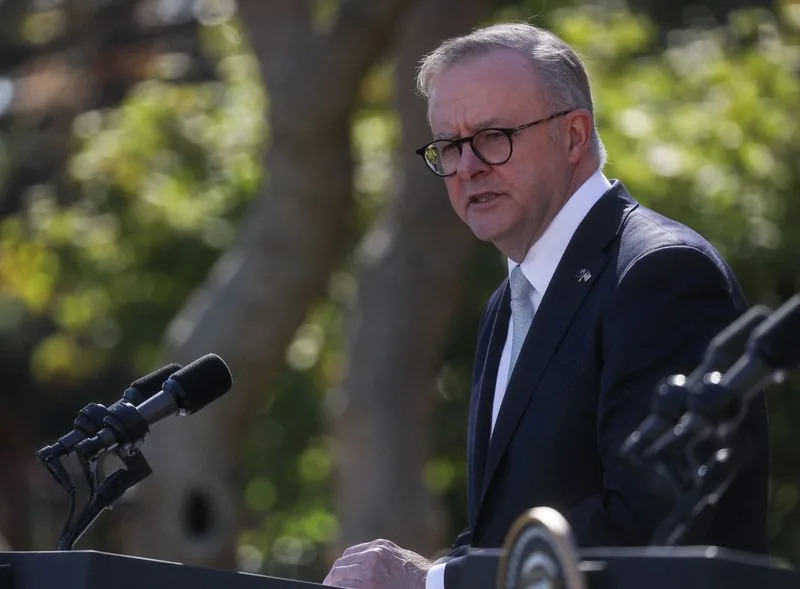

 President Trump speaks in the Rose Garden on Friday. (Stefani Reynolds/CNP/Bloomberg via Getty images)
President Trump speaks in the Rose Garden on Friday. (Stefani Reynolds/CNP/Bloomberg via Getty images)



